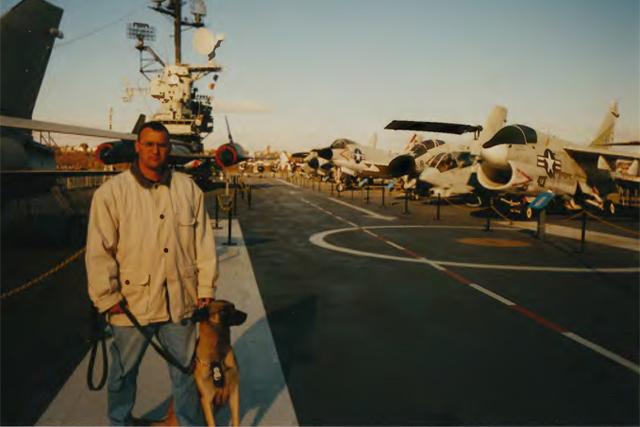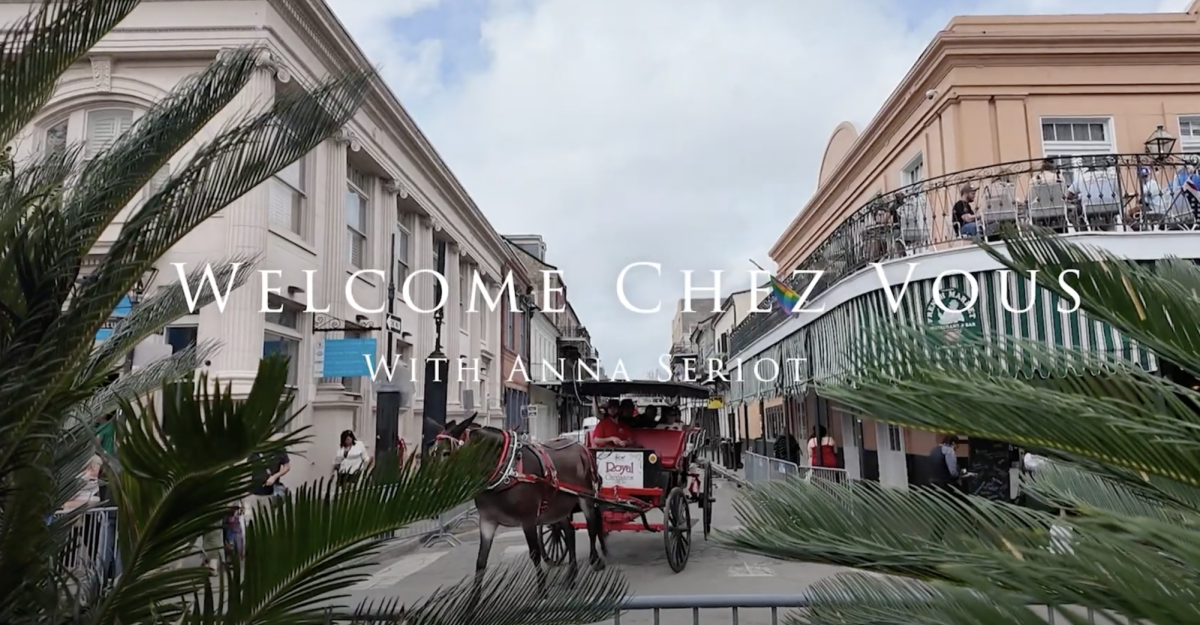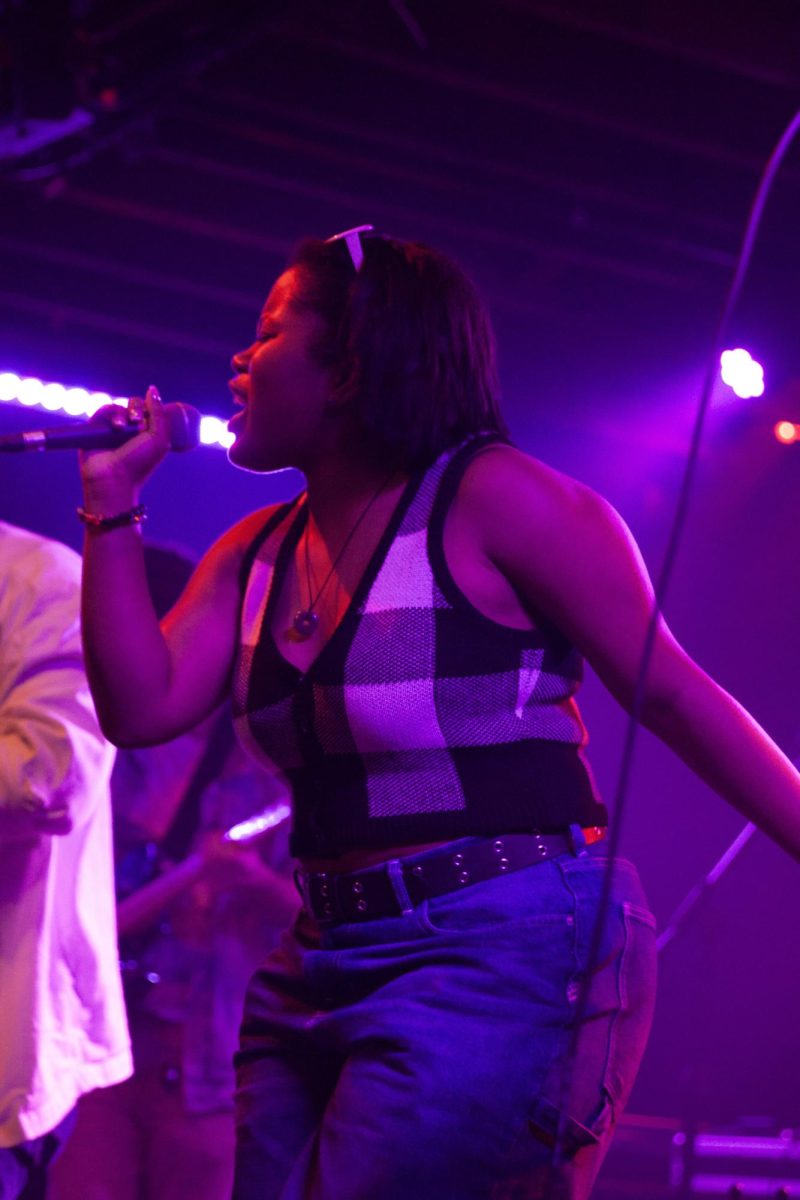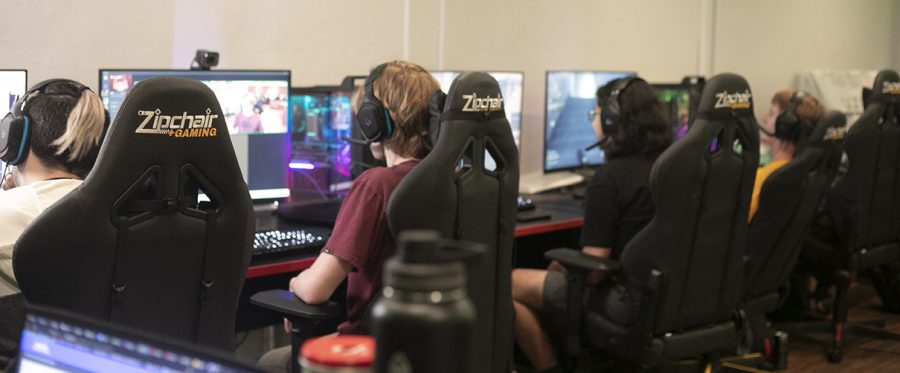Mass communication sophomore David Aviles was getting ready for another day at the Lackland Air Force Base in San Antonio, Texas when images of the attack on the World Trade Center in New York City caught the eyes of his fellow classmates.
Since the base did not have cable, the only channel they were able to watch it on was GalaVision, a Spanish channel.
Aviles, who is fluent in Spanish, translated the events unfolding on the screen to his peers.
As the news spread, the base went on alert.
Soon after, the commander of the academy called Aviles and informed him that he had been recalled and was needed in New York.
Before that point, Aviles had traveled the world for five years as an Air Force canine handler.
After those five years of service, he got bored and wanted to choose a new career path, specifically one that would keep him closest to his home and family in Puerto Rico.
When the attack happened, Aviles was enrolled in the military academy at Lackland Air Force Base and was working towards becoming a recruiter.
“Most of the people in my class went to recruiting and went to do their job, but me, another cop and a pararescue guy, we all got recalled back to do our jobs,” Avides said.
Aviles graduated in the afternoon of Sept. 11, 2001, two days earlier than the original date.
Aviles was flown out immediately, picked up his dog, a female Belgian Malinois named Pasja, and was flown to New York.
Aviles got to work with Pasja and was in New York for a total of 120 days.
Pasja and Aviles were a power couple. They won the Department of Defense competition for canines in 2000, a year before the attacks in New York, Pennsylvania and Washington.
He has good memories of his time with Pasja, who has since died.
Aviles spent the first couple of days looking for people trapped in the rubble, but because Pasja was primarily a bomb dog and not a cadaver dog, he was placed to work away from the site of the towers.
Aviles was assigned an agent, and they began to search for people who were associated with the hijackers throughout New York.
They followed leads from the FBI and any information that they were sent or could find.
Pasja’s training classified her as a military asset that Aviles said he always trusted.
If she alerted Aviles, he would instantly know if the person under investigation had been handling explosives.
“When a dog walks by and you’ve given them the command to search, and they’re sniffing, and sniffing and sniffing, they pick up the smallest molecule of something they’re trained to smell,” he said.
“When they smell it, then they go as close as they can to it, they smell it some more, they get closer, then they sit and look at it, and then they look at you and then you say ‘holy s—, let’s get the hell out of there.’ You don’t question it. If your dog sits, you know there’s something there.”
Once Aviles and Pasja had completed 120 days of work in New York, Aviles moved on to a new assignment at Prince Sultan Air Base in Saudi Arabia.
From there, he went onto different missions with the Air Force.
After completing more than 10 years of military service, Aviles is now enrolled in school and is pursuing of a degree in public relations.
Leslie Gamboni can be reached at [email protected]














